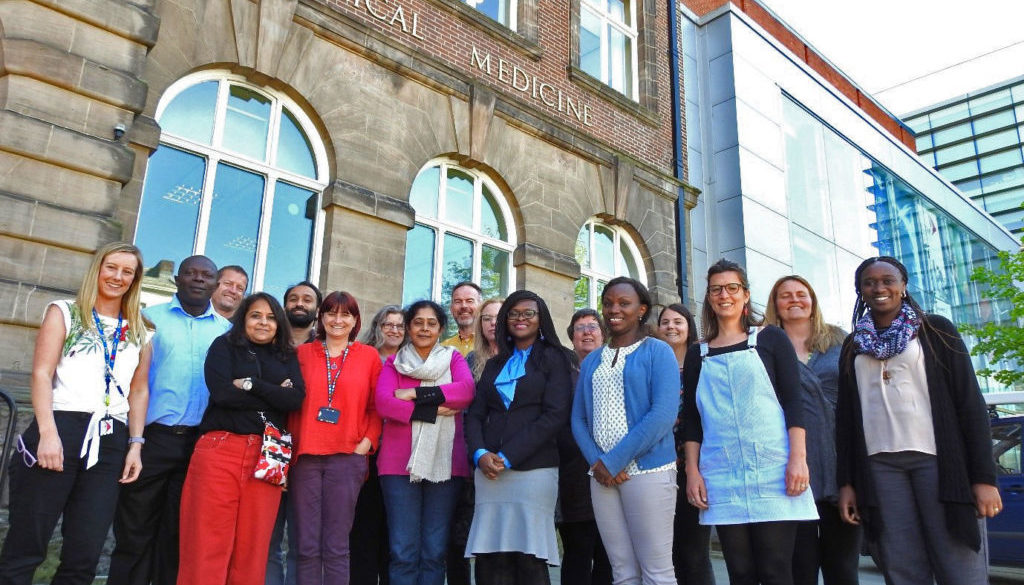ARISE: A new project to improve accountability for health in urban informal settlements
More than half of the world’s people live in cities. One in three city dwellers in low- and middle-income countries live in informal settlements (sometimes known as slums) and face the challenges of ill-health, inequity and insecurity.
People living and working in informal settlements face a range of physical and mental health risks and they have inadequate access to services and few opportunities to shape decisions about their environment. They are often invisible and left out of urban planning and development processes. Despite this, informal settlement dwellers are resourceful and innovative in working towards improving their lives.
The new ARISE project
The GCRF Accountability for Informal Urban Equity Hub (ARISE) will support precarious and marginalised people to claim their right to health. It will build government accountability and capacity to provide citizens with security and services. ARISE brings together ten partners who will work with disadvantaged people in informal settlements and government in Sierra Leone, Bangladesh, Kenya and India.
“We are very excited about ARISE. This partnership aligns directly with SLURC’s work in knowledge co-production, aiming to build the research and analysis capacity of urban stakeholders in Freetown, prompting evidence-based dialogue with stakeholders at different levels and sectors to increase accountability for informal settlement dwellers.”
Joseph MacCarthy, Director, Sierra Leone Urban Research Centre (SLURC)
By sharing experiences across four countries we will shape national and global policies and best practices through evidence-based advocacy. ARISE is an exciting opportunity for research that puts marginalised peoples’ priorities and capacities at the heart of urban development.
What we will do
ARISE will conduct research with people who live in informal settlement to understand their experiences of daily life, health and well-being, and efforts to access services and influence policies. We will work with them to identify their priorities for action. At the same time, we will develop better ways of measuring health and well-being for people living in informal settlements which can make their experiences more visible to governments and NGOs.
“As a global network of slum dwellers, one of SDI’s key roles in ARISE will be to ensure the perspectives, experiences, and priorities of the urban poor living in informal settlements, are central to conceptualization of problems, solutions and interventions within India and the broader partnership.”
Sheela Patel, Chair, Shack Dwellers International (SDI)
We will bring citizens together with people leading government bodies and other relevant organisations to develop ways to address their priorities and assess what impact these have. Through a £1 million ‘Responsive Fund’ we will provide small grants to organisations working to test innovative approaches to improving health and well-being.
Building an equitable partnership
ARISE offers a precious chance to ‘do research differently’ by learning from and with each other across countries, and between the global south and north. We have established a partnership based on the values of equity and ethical interactions between and within partner organisations and with all the people we conduct research with. We will work to build skills and capacities of researchers at all levels in all partner institutions to use a range of methods and participatory approaches to promote accountability, health and well-being.
“It is a privilege to work with such a dedicated group of partners, including organisations of informal settlement dwellers. Together we are committed to conducting research that will make a real difference to the underlying influences on health and well-being for disadvantaged and marginalised people.”
Rachel Tolhurst, ARISE Research Director, Liverpool School of Tropical Medicine
